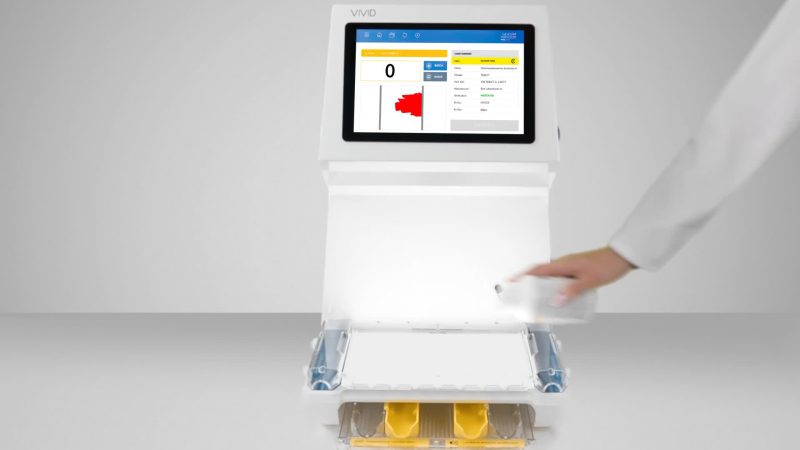How often do you need to be vaccinated for Hepatitis B?

Do you know around 296 million people suffer from the hepatitis B problem in the world? It also includes 6 million infants, which is pretty surprising. This deadly disease is posing a global threat to many while leading to 820,000 deaths every year. It causes liver cancer too so getting a Hepatitis B vaccination is highly important, especially for immuno compromised people and children under 5 years of age. If you are looking for the answer to when to get vaccinated, this article will tell you everything.
Who is at risk of catching hepatitis B?
Every unvaccinated person is at risk but children under 5 years of age are the most vulnerable. They can develop an infection in the long term so don’t take the vaccination process lightly.
When should your child get hepatitis B vaccination?
The Hepatitis B vaccine schedule is flexible which means your child can get it in the standalone or in combination form. There are three schedules that you can choose from:
- Birth, 6 and 14 weeks
- Birth, 6 weeks, 6 months
- Birth, 6 weeks, 10 weeks, 14 weeks
Are there any side effects associated with the Hep b vaccination?
After getting the hepatitis B vaccination, your body will start responding with some minor side effects. These symptoms are common to experience post-vaccination:
- Headache
- Fever
- Redness and soreness on the spot of injection
However, people who experience any other side effects are advised to consult a doctor. You may have to present the past history of illness.
What to do if you miss the doses?
Not completing the series of hep B vaccination can put you at risk of catching the disease. It’s important to get all the doses so consult your pediatrician for the catch-up vaccination. He or she will check your vaccination history and recommend providing the remaining doses.
How can you prevent hepatitis B infection from spreading?
If there are unvaccinated members in your family and someone who is already hepatitis B infected, please get others vaccinated as soon as possible. Moreover, it’s necessary to take the following precautions:
- Wash your hands after coming being exposed to the blood of an infected person
- Never share your toothbrush, blades, needles, or syringes
- Don’t get intimate with the infected partner
Fortunately, the hepatitis B virus does not spread by breastfeeding, hugging, coughing, sneezing, or holding hands. These all are normal. Just make sure to avoid using any equipment or item that carries the blood of the infected person. Otherwise, you can also catch the virus if not vaccinated yet.
How can you identify a hepatitis B infected person?
In the first few days of the infection, it’s hard to recognize any symptoms. Once it starts spreading in the body, the following symptoms will be seen:
- Jaundice
- Vomiting
- Stomach pain
- Nausea
- Fatigue
- Dark urination
These symptoms tend to last for some weeks. Some can even catch acute liver failure so never ignore these symptoms. Get in touch with the doctor when any of your loved ones is showing signs of hepatitis B. The easiest and most effective way to prevent it is hep b vaccination.
Conclusion
Assuming you’re a traveler and a non-vaccinated adult, medical experts agree that you should receive the full series of three to four doses of the vaccine if you’ve never been vaccinated before. And that’s it—you only need to do this once.
For the children who are in their routine vaccination phase, parents need to follow the hepatitis B vaccination schedule strictly. Don’t delay more if your child has missed any doses. Consult the doctor for the catch-up vaccination before sending him or her to school.







